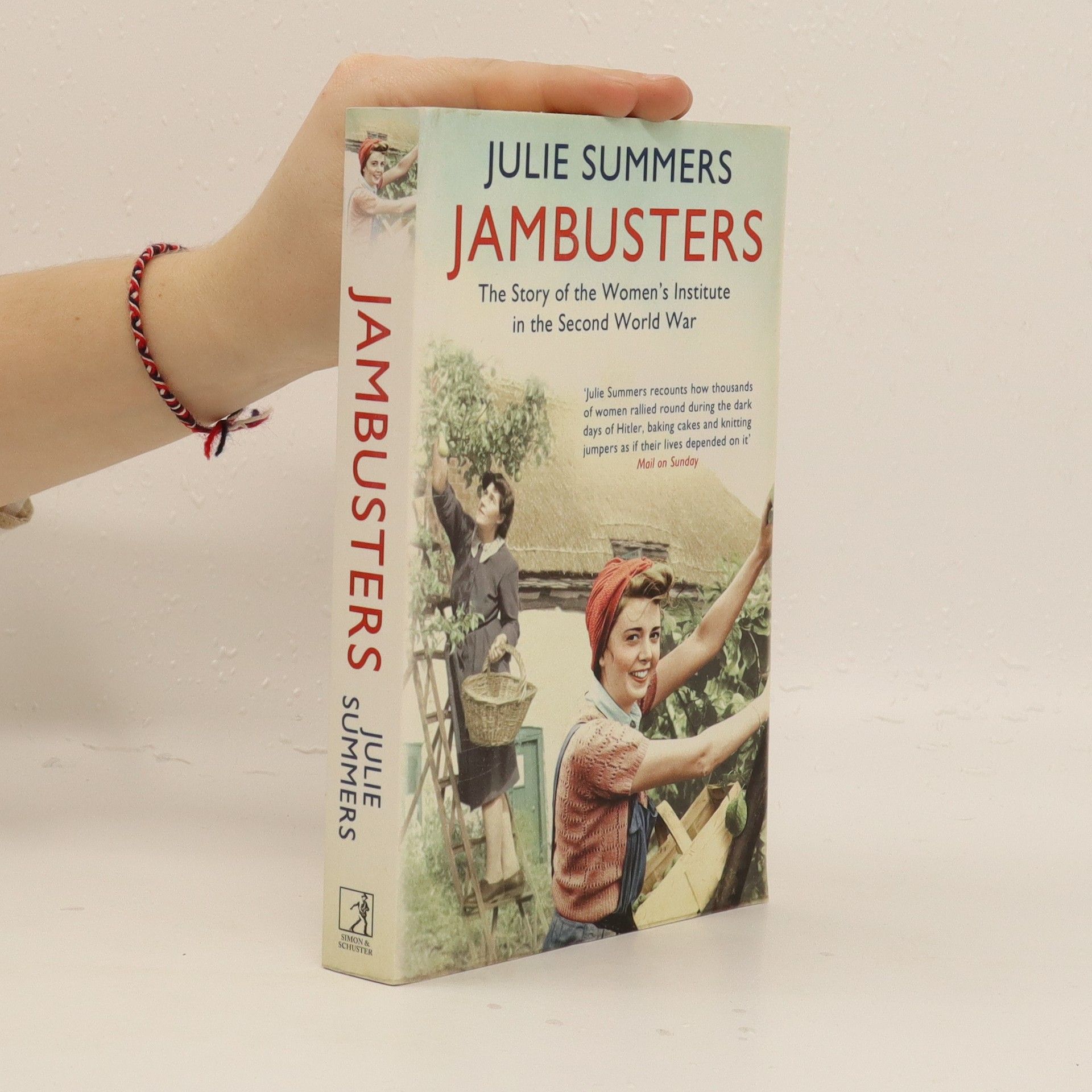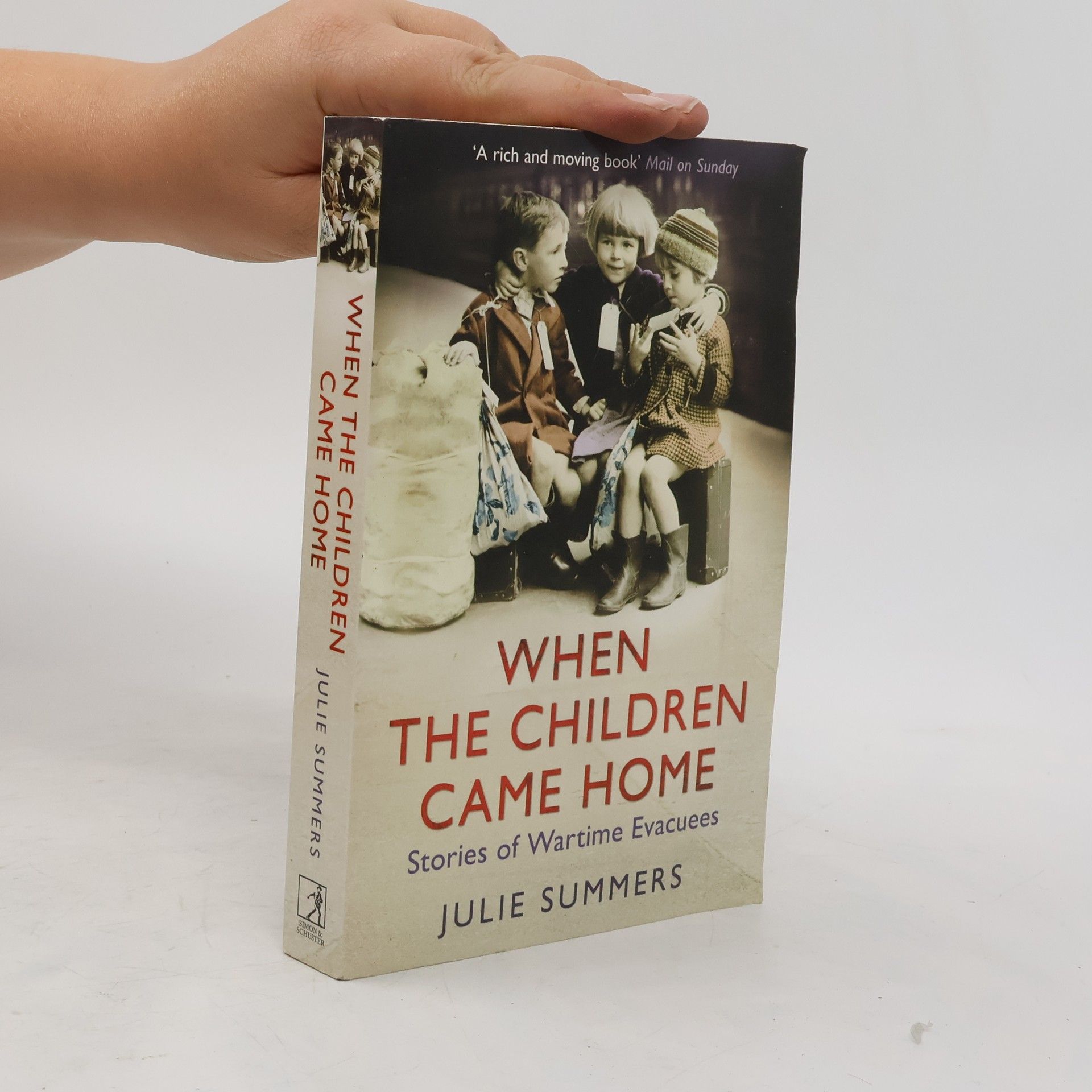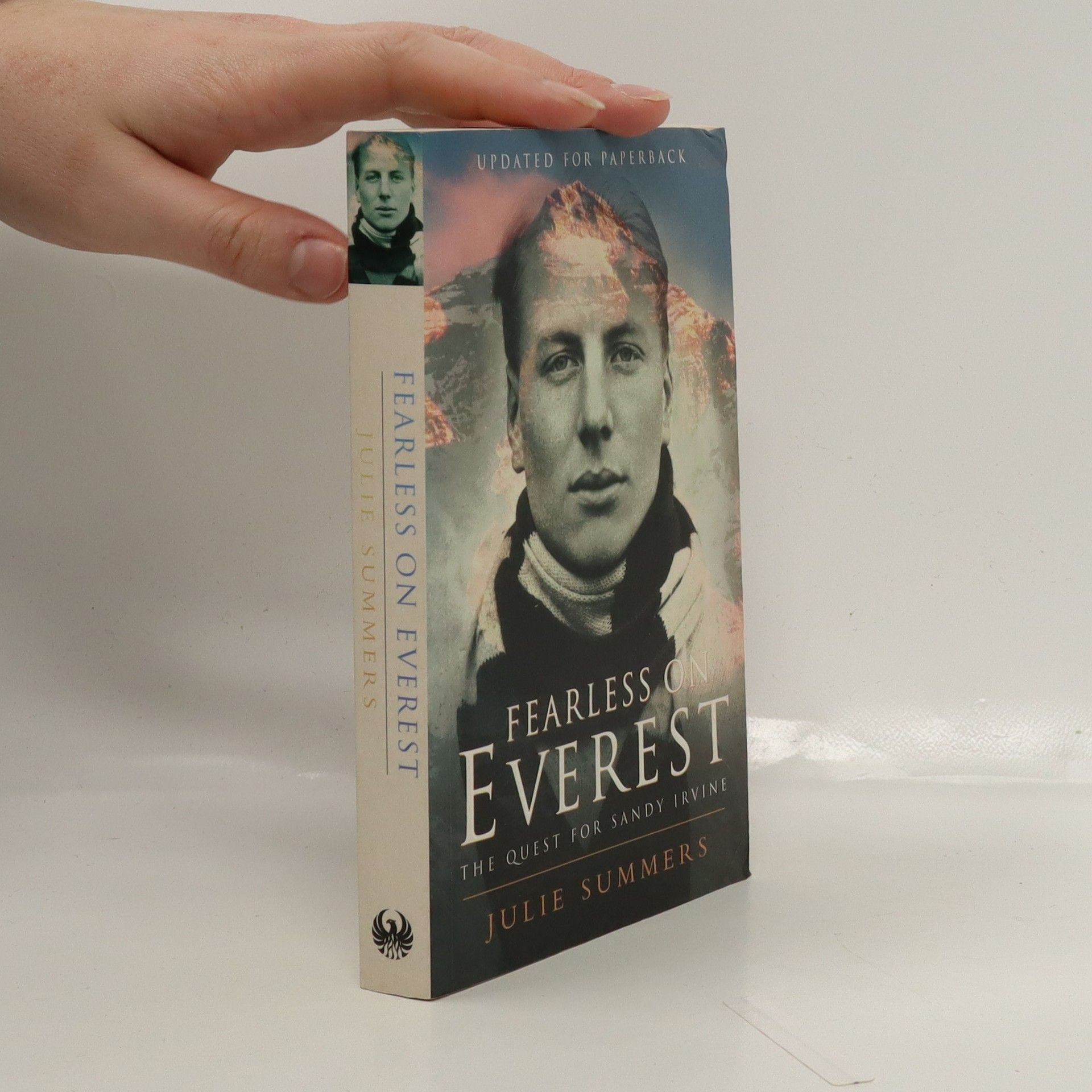The book offers a comprehensive official history of British Vogue, tracing its evolution from the inaugural issue in 1916 to the present. With exclusive access to the magazine's archives, it reveals the cultural impact and editorial milestones that shaped its identity over the decades, providing insights into fashion, society, and the magazine's role in reflecting and influencing trends.
Julie Summers Book order (chronological)
This author is passionate about writing and unashamedly so. They love researching their books, particularly when it involves meeting people and learning about their lives. Writing takes place in a dedicated attic study with a view of Oxford's dreaming spires, primarily in the mornings. While identifying as a biographer and historian, the author's core identity is that of a storyteller.






Formed in 1921 to provide welfare to soldiers returning from the First World War, the Royal British Legion is today the UK's leading military charity. In May 2021 the Legion celebrates its centenary. We Are the Legion is the first book to look at the whole hundred years, telling the extraordinary story of support to servicemen and women in the UK and around the world - from finding jobs and housing to healing the injuries and trauma of conflict.In recent years the Legion has quietly transformed itself from an organisation of old soldiers to a modern media-savvy charity leading the country in remembrance but also lobbying government on pensions and researching state-of-the-art rehabilitation while working alongside other leading charities on welfare provision.We Are the Legion covers every aspect of the Legion's the history of the poppy, the Legion's international links, its role in fostering peace between countries and its latest work on rehabilitation and support. But the book also pulls together lesser known aspects of the Legion's history, whether of the villages set aside for rehabilitation or the misguided trip to Germany in the 1930s as an attempt to foster friendship between nations.Richly illustrated with over 350 images, including an extraordinary collection of early poppy designs, Legion posters and unseen archive shots, the book also includes original photography specially commissioned for the project.
Dressed For War
- 400 pages
- 14 hours of reading
The untold story of how the world's most renowned fashion magazine was brought into the modern world during the cauldron of the Second World War.
The Second World War was the WI's finest hour. The whole of its previous history - two decades of educating, entertaining and supporting women and campaigning on women's issues - culminated in the enormous collective responsibility felt by the members to 'do their bit' for Britain. With all the vigour, energy and enthusiasm at their disposal, a third of a million country women set out to make their lives and the lives of those around them more bearable in what they described as 'a period of insanity'. Jambusterstells the story of the minute and idiosyncratic details of everyday life during the Second World War. Making jam, making do and mending, gathering rosehips, keeping pigs and rabbits, housing evacuees, setting up canteens for the troops, knitting, singing and campaigning for a better Britain after the war: all these activities played a crucial role in war time.
On 1 September 1939 Operation Pied Piper bgan to place the children of Britain's industrial cities beyond the reach of the Luftwaffe. 1.5 million children, pregnant women and schoolteachers were evacuated in 3 days. A further 2 million children were evacuated privately; the largest mass evacuation of children in British history. Some children went abroad, others were sent to institutions, but the majority were billeted with foster families. Some were away for weeks or months, others for years. Homecoming was not always easy and a few described it as more difficult than going away in the first place. In When the Children Came Home Julie Summers tells us what happened when these children returned to their families. She looks at the different waves of British evacuation during WWII and explores how they coped both in the immediate aftermath of the war, and in later life. For some it was a wonderful experience that enriched their whole lives, for others it cast a long shadow, for a few it changed things for ever. Using interviews, written accounts and memoirs, When the Children Came Homeweaves together a collection of personal stories to create a warm and compelling portrait of wartime Britain from the children's perspective.
Fearless on Everest : the quest for Sandy Irvine
- 306 pages
- 11 hours of reading
The untold story of Irvine, the brilliant young climber on the 1924 Everest expedition, and the mystery of whether he and George Leigh-Mallory reached the summit.